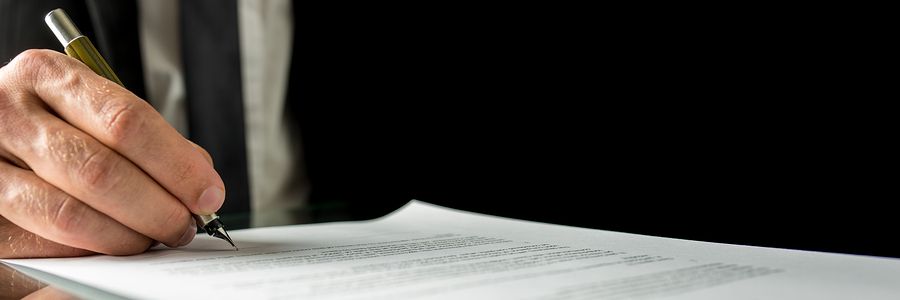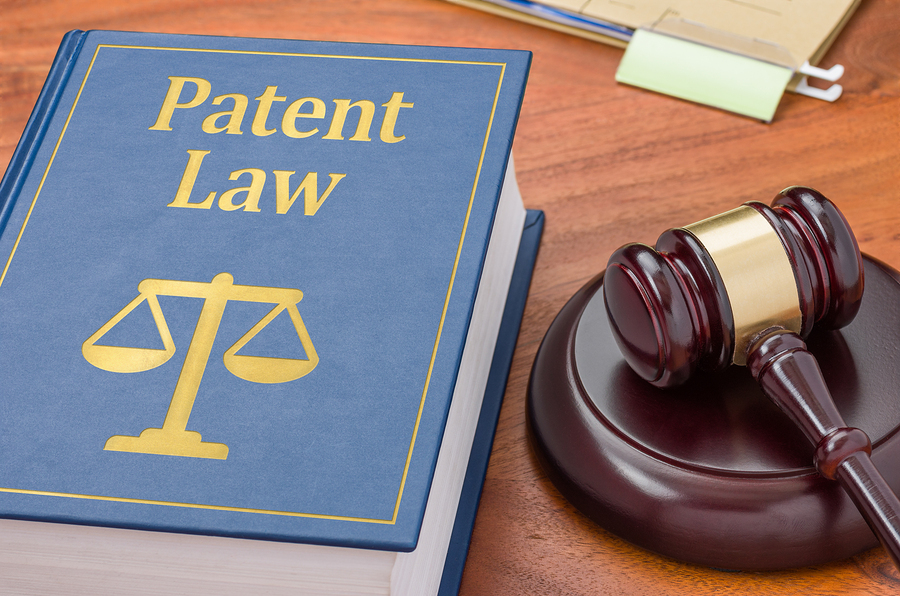
It is never wise to sign a contract until you are 100% sure what it says.
When working to secure patents or legal agreements like contracts in other countries, language barriers are obstacles that must be carefully navigated. There are several ways to get documents translated, with varying degrees of success.
Online Translation Tools
There are many online translation tools available to help you translate your documents automatically. Google Translate works with many different languages and is a free tool. Other online tools may be stripped-down free versions of paid software. The drawback to all machine translations is that they can’t account for every variation and nuance of every language and have no knowledge of customs and idioms of other nations.
If you just want to see roughly what a document says, an online translation tool will be able to do that for you. Complex legal documents like patents and contracts, however, frequently contain nuances and unfamiliar vocabulary and sentence structure which is often beyond the scope of what online translators can do.
Inaccuracies in legal translations can mean the difference between a fair contract and a limiting one. It is extremely important to know exactly what you are getting into when you sign a contract, which means an accurate translation is essential. The terms of your patent or contract will need to be strictly adhered to, which means they must be well-translated so that they can be well-understood.
Using Already-Published Materials
Sometimes you will be able to find sample documents in another language online. Many legal services companies give sample documents you can use for contracts or patents that you want to file. Legal services companies like Legal Zoom advertise that they make legal filings easier so that you don’t need to hire professional help.
There are drawbacks to using form letters and sample documents when you don’t know the language they are written in, however. What assurance do you have that your documents say what they purport to say? You might even mistake one form for another and tie up the legal process until the mistake gets discovered and fixed.

Professional legal translators understand the laws in the countries from which they are translating documents.
Professional Document Translation
The only way to ensure that your legal documents are translated correctly is to use a professional document translation service. Professionally trained translators are not only familiar with the languages being used, but are well aware of the idioms, nuances and terminology needed to make sure your documents are legally correct and accurate. Furthermore, a legal translator also has knowledge and expertise of the laws and legal jargon used in both countries, so that a translation can truly reflect the intended language and terms.
The most common drawbacks given when considering professional document translation are expense and turnaround time. The expense of having documents professionally translated is higher than using other methods, but it is still a small price to pay if it prevents someone from signing a contract that they don’t understand or that contains unfavorable terms. It is also worthwhile to turn in correct patent paperwork and can prevent delays in processing that could allow a competitor to edge you out.
Dynamic Language offers legal translation services as well as other professional translation services. Contact us today to find out how we can help you navigate other languages with ease.

Is Your Language Services Provider Flexible Enough to Meet Your Corporate Needs?
Effective eLearning helps your employees continuously develop their professional skills…
Read More →
